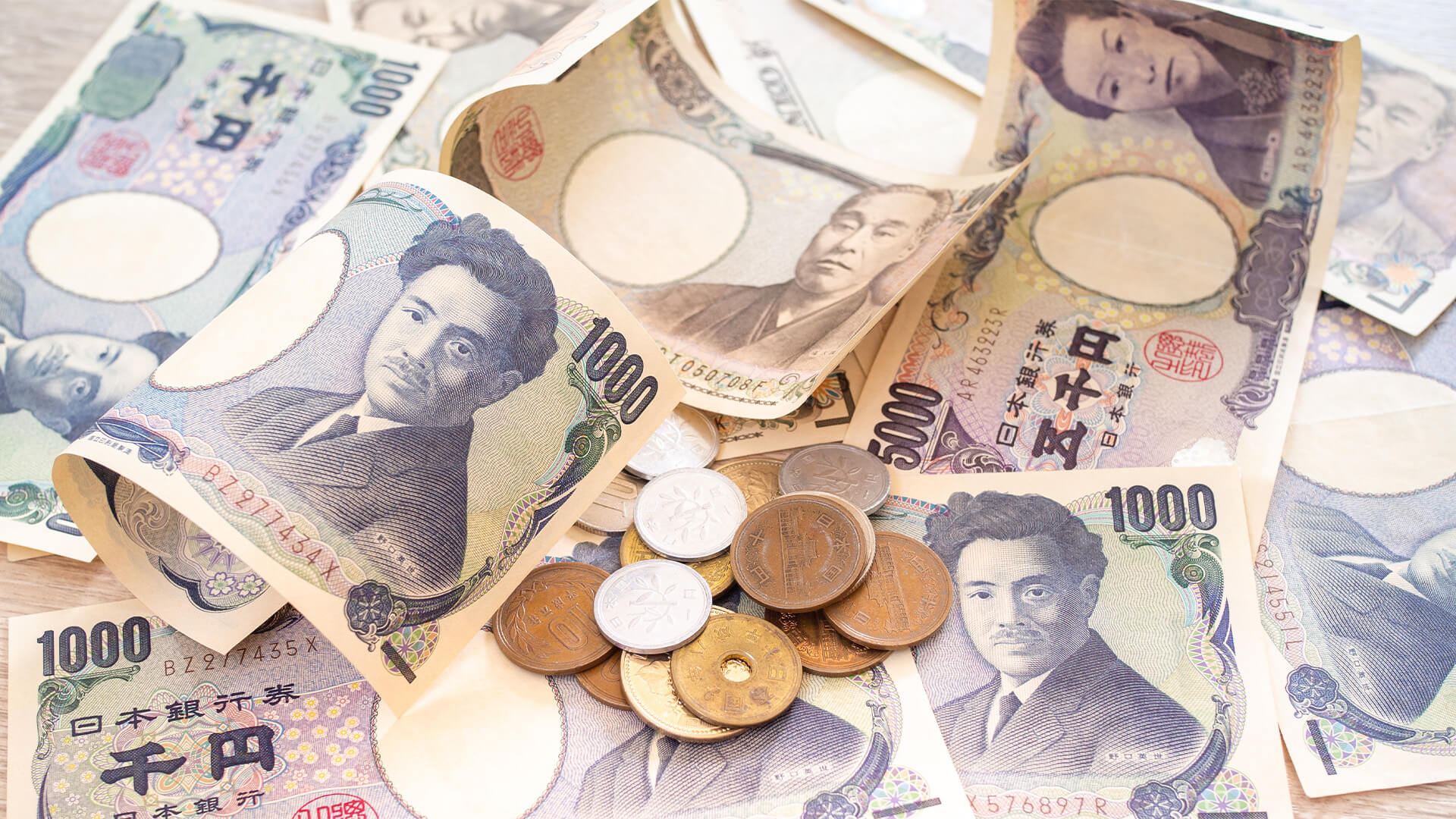
- Tools and platforms
Why the Japanese yen is important for traders
Do you want to know how to make money from this?
Register for free and get expert advice, access to a training course and webinars.
Markets are roiled by news of the yen, which has plummeted following the Bank of Japan’s historic decision to end its negative interest rate policy. The situation has become so tense that the Japanese authorities may take measures to regulate the exchange rate.
Meanwhile, the Japanese yen holds a strong position as the third most commonly used currency in international transactions, behind only the US dollar and the euro. Even as the value of the Chinese yuan skyrockets, its manageable status and limited convertibility mean the yen remains the reserve currency of choice in Asia.
The yen is also the fourth most popular reserve currency after the US dollar, euro and pound sterling. This is important because during periods of political or economic instability in Asia, investors traditionally express their sentiments through the Japanese yen rate. Thus, in the event of a crisis of confidence caused by negative news, the yen may exhibit significant fluctuations, even if the source of the problems is not located in Japan.
Here are three reasons why the yen remains one of the most important currencies for traders.
Zero interest rate priority
For more than twenty years, Japan has been at the forefront of implementing zero interest rate policies. This strategy, although not without its critics, has attracted the attention of many countries that are now also resorting to low or negative interest rates.
Japan’s experience offers several important lessons. First, zero interest rates encourage institutional and retail investors to seek yield in foreign markets. Over the 28 years of this policy, Japan has become the world’s largest investor, moving trillions of dollars out of the country. These funds are predominantly invested in stocks, real estate and bonds of emerging markets.
It should be noted that lower interest rates in other countries could lead to similar investment outflows. Unfortunately, as Japanese experience shows, low rates are not always effective in stimulating inflation. Countries may become trapped in deflation or low price growth without alternative means of stimulating demand and economic development.
Popularity of the currency
Japan’s zero interest rate policy has made the yen one of the most popular financing currencies. The extremely low cost of borrowing in yen has made it an attractive investment vehicle for higher-yielding assets. This strategy was very popular among institutional and individual investors, and some experts believe it played a significant role in the development of the Great Recession of 2007-2008.
Before the financial crisis, there was a high level of risk tolerance, so much of the proceeds from the sale of the yen were invested in risky assets such as subprime mortgage-backed securities and collateralized debt obligations. Following the market crash, the value of these assets plummeted, leading to a rapid unwinding of yen-financed trades and reduced liquidity in US dollars and other currencies. In response, central banks around the world resorted to quantitative easing policies, pumping new money into the economy.
Risk Tolerance
Looking ahead, as other countries lower their interest rates towards zero, there may be a resurgence in investing based on borrowing in low-yielding currencies. If this happens, the risks that emerged in 2008 may become relevant again.
It should also be noted that, due to its popularity as a financing currency, the yen tends to rise rather than fall during periods of uncertainty in Asian markets or the broader global economy. For example, positive dynamics in trade relations between the United States and China traditionally lead to a strengthening of the yen against the US dollar, rather than to its weakening. On the other hand, deterioration in trade relations may lead to a decline in the USD/JPY rate.
Thus, during periods of optimism and stock market growth, the yen tends to underperform compared to other currencies. However, if the market crashes, you can expect the yen to strengthen quickly and significantly. This feature makes the Japanese yen an indicator of investor sentiment and risk tolerance.
Do you want to know
How to make money from the news
Register for free and get:
- Expert consultation;
- Access to the training course;
- Opportunity to participate in webinars

